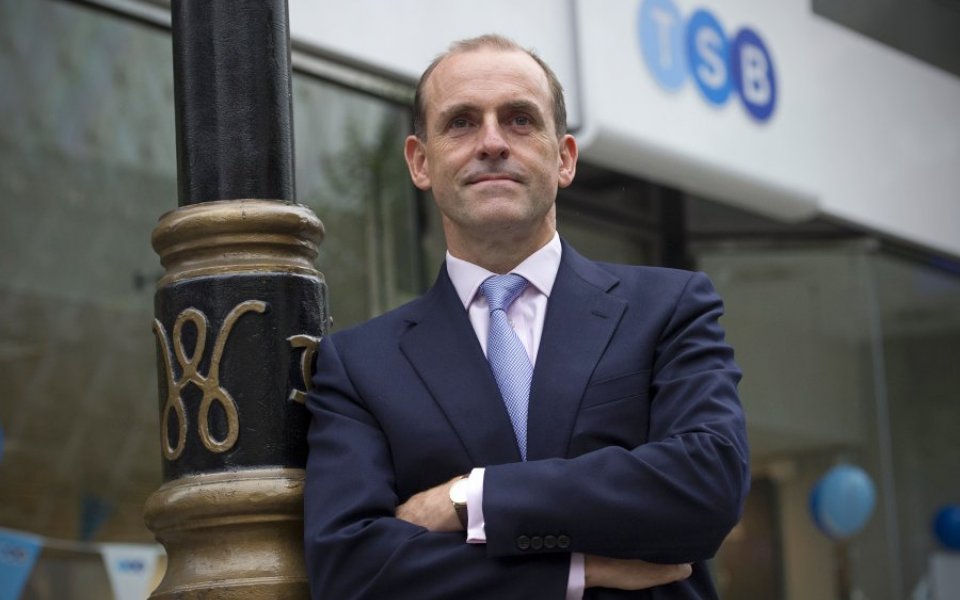Osborne must deliver on challenger pledge

Two years ago, chancellor George Osborne said that the British banking system was verging on oligopoly – and needed a “reset”.
“One of the prices we are paying for the financial crisis is that our banking sector is now dominated by a few big banks,” he said. “I want new faces on the high street. I want upstart challengers offering new and better services that shake up established players.”
But has Osborne really delivered on his vow to disrupt the British banking sector? The short answer is no.
Writing in this newspaper in October, TSB boss Paul Pester pointed out that while “much has been made of the number of new banks entering the market”, collectively, all the new players make up less than six per cent of UK current account market.
“It’s no exaggeration to say the banking industry needs to be exposed to the full force of competition,” he wrote.
That full force will only come with less regulation and a more sensible tax regime. Just yesterday, bosses from 10 smaller lenders sat down with Treasury officials to raise red flags about proposed changes to capital requirements that could compel challengers offering buy-to-let mortgages to hold nearly 2,000 per cent more money than bigger banks.
And while prudential regulation authority (PRA) chief executive Andrew Bailey wrote to the challengers earlier this week saying they should not be overly worried about the proposals, and Osborne said at last month’s Bank of England Open Forum that the government is going to work for more “proportionate” requirements so challengers “have a better chance to get going”, there is still a long way to go in ensuring a truly competitive market.
To be sure, the lenders have been at loggerheads with the Treasury since July, when Osborne announced he would scrap the bank levy in favour of a new corporation tax surcharge that would apply to large and small lenders alike.
But despite mounting pressure from both the industry and politicians, including Treasury committee chair Andrew Tyrie, Osborne has made no indication that he will raise the £25m profits threshold at which the surcharge will be imposed. In fact, he told Tyrie in October that he thought the Treasury had “got it right”.
This is in spite of the challengers' estimate that the new tax will choke off at least £6bn in lending by the end of the decade. Even the big banks agree. As one non-exec at one of the “big four” told this newspaper: “I understand the politics of it, but it’s not a well-thought-out policy. It looks like brinksmanship.”
It’s not all doom and gloom, though, and there are increasingly glimmers of hope that the Treasury has started to sit up and take note.
Paul Lynam, the head of the British Bankers’ Association’s challenger banks panel and chief executive of Secure Trust Bank, told this newspaper earlier this year that the government was not “matching the talk about fostering competition in UK banking with the walk”.
But yesterday, following the latest meeting with Treasury officials, Lynam said the government had set up a new "high level advisory group” with the challengers to “help inform policy making”.